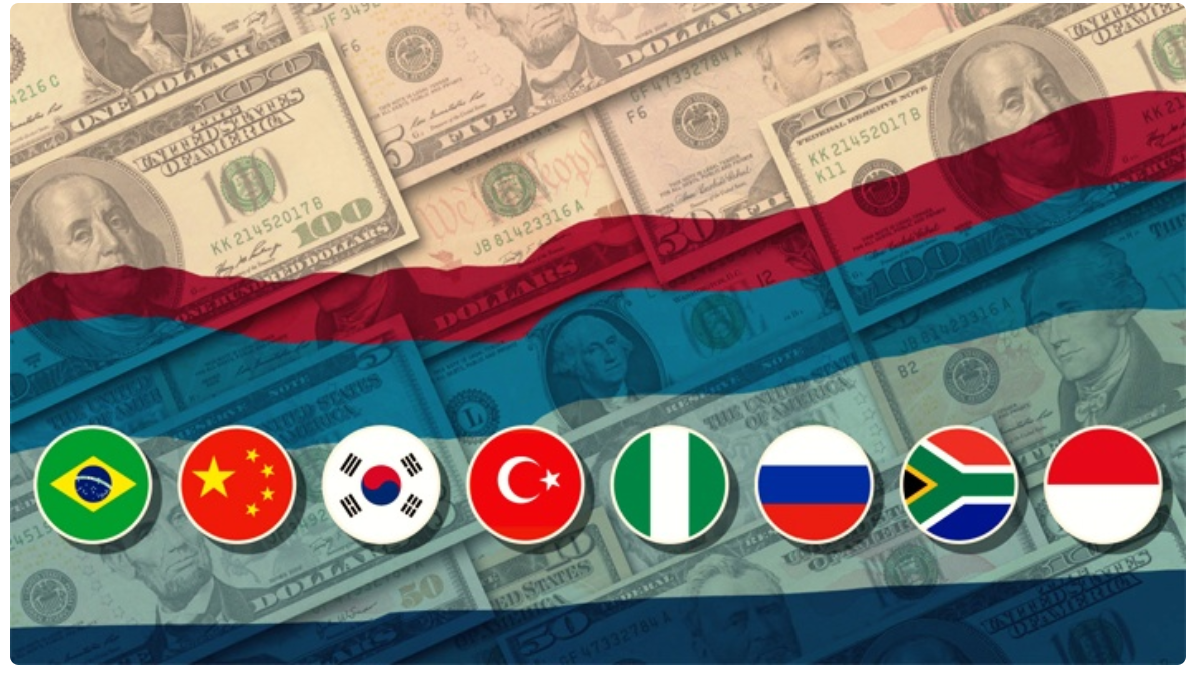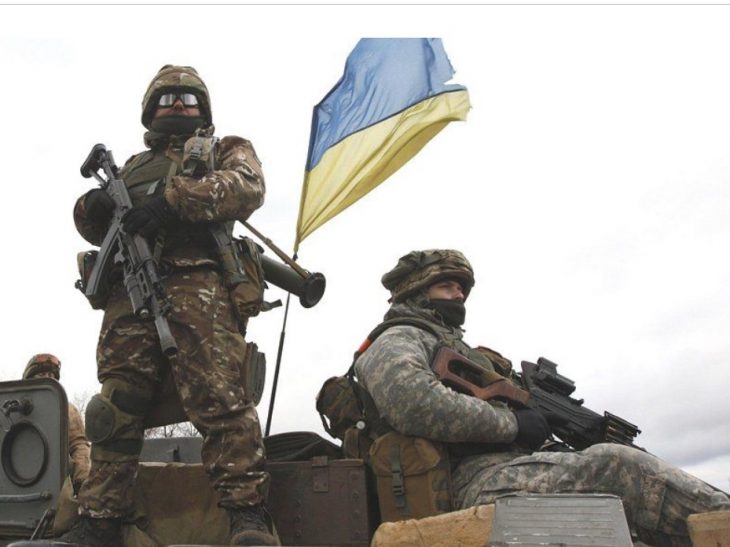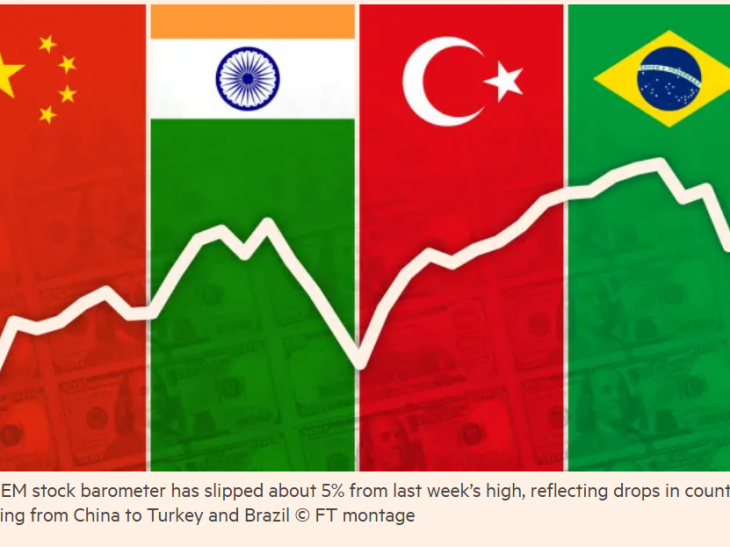Emerging markets outlook: Geopolitical shifts pave way to new global paradigm
 em-ceemea
em-ceemea
Risks are said to be on the rise in emerging markets as countries struggle to manage accelerating inflation and a resurgence of Covid-19 cases threatening an already uneven recovery across the globe, according to a survey of experts by Investment Week.
On the geopolitical front, "tectonic" shifts are underway, according to Polina Kurdyavko, head of emerging markets at BlueBay Asset Management.
"On China, a new geopolitical landscape is being formed. The withdrawal of troops from Afghanistan and a military alliance between US, Australia and UK are all part of a long term, strategic focus on countering China's regional influence in our view," she said.
"Against these top down thematic factors, a number of countries will have significant domestic developments; policy shifts in Argentina and Tunisia come to mind, as well as elections in Colombia and Brazil.
"We also would be extremely carefully watching the Ukraine-Russia development. Turkey could have an early election too."
2022 could become “transitional”
Kurdyavko highlighted that 2021 was a "volatile and challenging year", and - in many ways - transitional.
A number of variables continue to weigh on the outlook for emerging markets. Next year will see expectations tested to their "full merit", according to Kurdyavko.
For example, further clarity on China's policy framework around its real estate sector is likely to be a key performance driver for emerging market corporate credit, she suggested.
Economic growth: Modest
GDP growth is expected to be modest across the board as a growth slowdown across "heavyweight" economies US, China and India drag on the outlook, according to Karen Ward, chief market strategist EMEA at JP Morgan Asset Management.
"While we anticipate productivity to grow, spurred on by the pandemic shock encouraging business adoption of technologies, the reality of weak demographics will continue to weigh on economic growth across both developed and emerging economies," she said.
China's growth deceleration is expected to pull down the aggregate emerging markets GDP growth, according to JPMAM.
According to Jose Perez Gorozpe, head of emerging market credit research at S&P Global Ratings, the potential of depressed growth as a result of China's "shifting policy stance and real estate woes" could spill over to key emerging market trade partners.
Global supply chain crisis to persist but still 'too early' to evaluate impact
Overall, said Perez Gorozpe, risks are increasing for emerging markets as inflation in many countries adds to existing challenges.
"On the bright side, higher prices are partly fueled by the strong economic rebound," he said.
However, he said, a resurgence of Covid-19 cases could "hit hard", given vaccination rates remain low in many emerging markets.
Robeco's head of multi-assets strategies Colin Graham said: "Emerging markets are still highly dependent on China and whether the Chinese can turn their economy around.
"It is as much a play on China as anything else. Investing in emerging markets also means taking on a lot of commodity-based exposure, and from our top-down perspective, we would rather approach that as a commodity exposure instead of an emerging market investment."
Geopolitical risks
There are a number of geopolitical risks that EM investors should be aware of in 2022, highlighted Laurence Bensafi, portfolio manager and deputy head of emerging markets equities, RBC Global Asset Management,
"The most obvious is the continued deterioration of US-China relations, particularly around the question of Taiwan."
Stormy waters: Investors 'watching China-Taiwan tensions closely'
However, despite an escalation of military posturing seen in 2021, Besafi believes the status quo will be maintained as "change is not in anyone's interest".
"The dialing up of nationalist rhetoric from the Chinese government is more likely to be for domestic consumption," he said.
"The Chinese Communist Party is preparing for the 20th National Congress in October 2022, when it is expected that President Xi Jinping will secure a third term. No Chinese leader has achieved this since Chairman Mao."
Andrew Jackson, head of fixed income at Federated Hermes, highlighted how focus on the pandemic has "detracted from geopolitical rumblings for the last couple years".
He said: "We would not be too surprised to see more destabilisation from headlines around Taiwan and Crimea."
Inflation and Omicron
Then there are the elephants in the room to deal with - two key broader risk factors for emerging markets and beyond that will require monitoring.
Sergey Dergachev, portfolio manager at Union Investment, asked: "What will happen with Covid development, and how precisely will the follow-on effects of Covid pandemics affect each EM country individually (healthcare stress, fiscal and debt related stress, socio-economic stress etc)?"
The second risk weighing on his and other investors' minds was global inflation. Dergachev said assessing broader inflationary trends will be a crucial theme for emerging markets next year.
How will emerging markets emerge from inflationary pressures?
NN Investment Partners' head of emerging market debt Marcin Adamczyk said: "US tightening could be a headwind, but emerging markets are generally in a better position than during the last round of Federal Reserve tightening.
"Current account balances have improved and external liabilities as a percentage of GDP have been falling in the recent years. The vast majority of EM debt is now in local markets with reduced foreign ownership and an increased local investor base. This leaves them less vulnerable to higher US rates."
Gustavo Medeiros, head of research at emerging markets specialist Ashmore Group, highlighted that "every time in history you have a new group maintaining equality, that tends to be inflationary".
Meanwhile, emerging markets are set to benefit from higher commodities prices in 2022, with over two-thirds of the investable EM landscape being net exporters of commodities, pointed out Adamczyk.
Ashmore's Medeiros argued that a number of secular trends are likely to keep inflation high, but this was typically a "very favourable environment" for emerging markets "because if commodity prices are going higher then commodity exporters are doing well"..
He continued: “Inequality is reducing, so we have pent up demand for products across the board.”
But the emergence of the Omicron variant presents a new unknown, as questions remain over the severity of Covid’s latest ‘variant of concern’.
“Omicron is a bit of a wild card,” said Medeiros. “We do not have enough data yet to understand how the virus might behave.”
The worst-case scenario is that the Covid variant is “more violent” than what the current data coming out of South Africa suggests.
For Chetan Sehgal, lead portfolio manager at Templeton Emerging Markets Investment Trust, beyond the pandemic “there are long-term technology trends shaping the future in emerging markets”.
Sehgal said: “We view resilient technology demand as a multiyear tailwind for EMs. The pandemic has given ormalizetion a permanent uplift, even as economies continue to ormalize.
“The consumer internet industry has so far led the way in digital transformation, though we have also begun to see industrial internet applications take off as manufacturers tap innovation to raise productivity.
“A growing appetite for industrial internet solutions points to more technology spending ahead.”
EIU: Turkey face formidable risks, but growth set to remain firm
WATCH: Turkish Economic Outlook 2022: WHAT a train wreck! | Real Turkey
Turkey is embroiled in regional conflicts, and relations with the West are poor. The government's assertive foreign policy and unorthodox economic policies have eroded investor confidence, and the lira is weak. Turkey has large external financing needs, and its private sector is heavily indebted in foreign currency, raising risks to financial stability. Growth rebounded strongly in 2021 and will remain firm in 2022-26. Turkey's catch-up potential is considerable, and the economy is competitive.
Follow our English language YouTube videos @ REAL TURKEY: https://www.youtube.com/channel/UCKpFJB4GFiNkhmpVZQ_d9Rg
And content at Twitter: @AtillaEng





